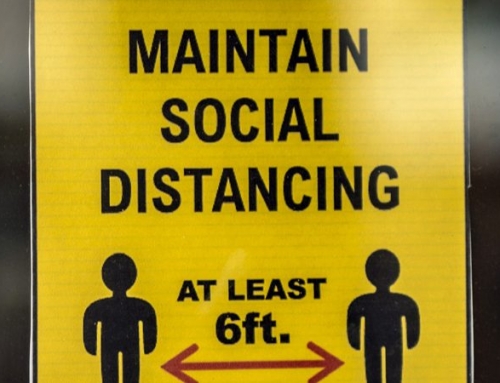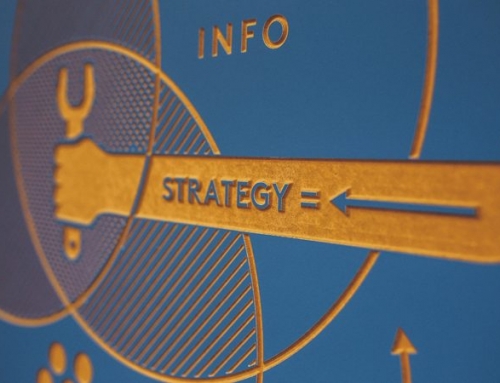These days, marketing campaigns come and go in the blink of an eye and companies have to battle for consumer attention. Though this was always the case to an extent, the numerous media platforms and sheer volume of advertising out there means that competition is fiercer than ever before. To be successful, you will need to create something that people can identify with and are happy to adopt as part of their lifestyle. The most successful and popular advertising campaigns of all time are the ones that become part of the culture as a whole. Here are some of Probella’s favourite marketing campaigns of all time.
1. Clairol (Formerly known as Miss Clairol)
The roots of today’s advertising style can be traced right back to the middle of the last century, when TV was black and white, and adverts were generally as direct as you can imagine. The phrase “does she or doesn’t she?” was used by the hair dye manufacturers Miss Clairol in their 1957 television advert. As the practice of dying your hair was still considered as something that wasn’t discussed in polite company, this sense of ambiguity was a great selling point for the company.
2. Coca Cola
From making Santa red to sponsoring the Olympics, there’s not much coke hasn’t done when it comes to advertising but one of their most popular campaigns was so simple, it was close to genius. The “share a coke” campaign, which launched in 2011, featured products that had been printed with a variety of different names. Combining a person’s name with your brand is something very few companies had done until this point, perhaps with the exception of Starbucks and the other large coffee chains. Buying a can or a bottle of coke with a friend’s name on it became common practice and allowed the drinks giant to become more popular than ever.
3. Budweiser
The American Beer kings have been well known for their innovative approach to advertising for many years but one of their most popular campaigns created a phrase that permeated the entire culture of the developed world. The TV ads that were centred around a group of friends who repeatedly said “whassup” to each other, became so well known that the phrase practically went viral. Considering this was in the days before the internet was used absolutely everything (1999) this is a seriously impressive achievement. Though it may have begun to grate after so long, this simple phrase elevated an already successful brand to new heights.
4. Volkswagen
In an era where everything had to be bigger and better, the German car manufacturers made one of the bravest moves you can possibly imagine. Their campaigns went in a totally opposite direction as they told their potential clients to “think small.” Rather than marketing their 1959 Beetle as a status symbol, like many vehicles of the time, Volkswagen focused on the practicality and reliability of their vehicles. Now hailed as one of the most successful campaigns of all time, this defiant approach helped to change the whole culture of advertising as we know it.
5. Old Spice
The aftershave for men started life as a fragrance mainly worn by older gentlemen. Their adverts used to be dramatic, short and full of Hollywood level production values. In 2010, this all changed when they decided to inject a little humour in to their campaign. “The man you could smell like” was a fantastic parody of the existing male fragrance ads but also included some truly bizarre humour. The reaction to this was so positive that the production clocked up over 50 million views on YouTube in just a few days. The shameless silliness of this ad was the antithesis of the super serious, filmic style creations that most of us came to associate with the world of male grooming. By including a genuinely likable character, the company managed to strike a balance between entertainment and direct marketing.
6. KFC
This one is definitely the naughtiest on our list but still definitely worthy of mentioning. In 2018, the fried chicken giants actually managed to completely sell out of their main ingredients all across the UK. Rather than hiding this, they admitted the fact and issued a huge public apology. Showing an empty bucket with the letters FCK, rather than KFC was a cheeky and playful way for the company to offer their customers an apology, while also cementing their powerful brand image in the minds of the consumer. What made this campaign so successful is the mixture of honesty and humour. In a world where customers are wary of underhanded tactics or clever double speak, this direct approach that both admits fault and pokes fun at a situation was extremely effective.
7. Marlboro
Advertising tobacco is now illegal in the UK and many other countries around the world, which for health reason, is probably for the best. Back in the 20th century, the cigarette makers came up with one of the most powerful advertising campaigns the world has ever seen. The iconic “Marlboro man” represented everything that was considered positive about masculinity at the time. Strong, focused, helpful and fearless, this modern-day cowboy captured the hearts and minds of audiences across the world. By today’s standards, these ideals are rather toxic, but the social climate was very different at the time, meaning these old-fashioned patriarchal values were very much the norm. Men would idolise the figure of the lone cowboy, smoking a cigarette and the intention was for women to find him attractive. Whether this was the case or not remains to be seen, but the sheer impact of this campaign is still felt today, and Marlboro are one of the worlds leading producers of tobacco products.
Summary
All of these campaigns were successful for different reasons and there’s certainly no magic formula when it comes to creating content that sells, however, they all have one thing in common, which is innovation. Thinking differently and approaching the market with daring, unusual approach can pay off significantly.






